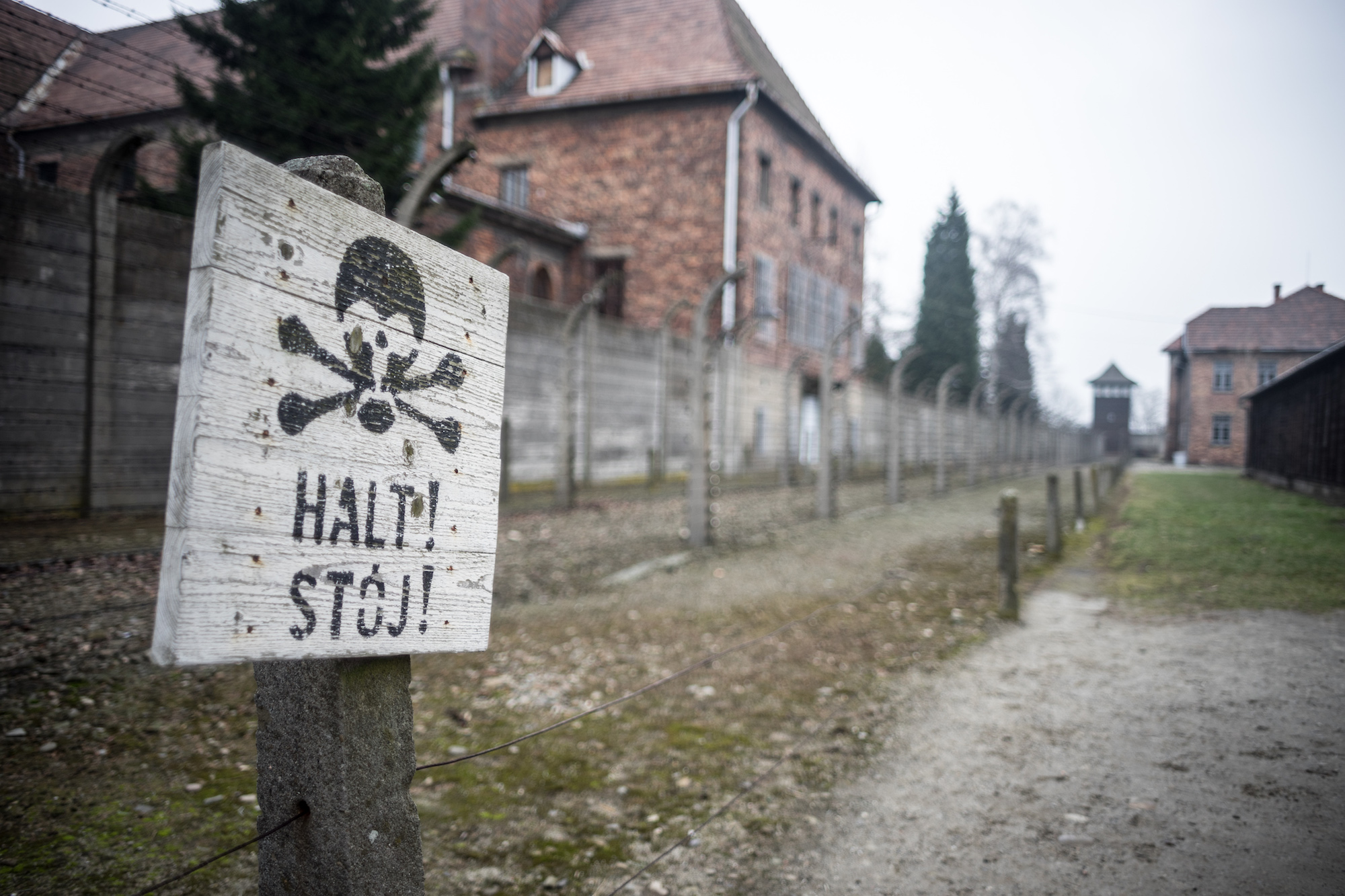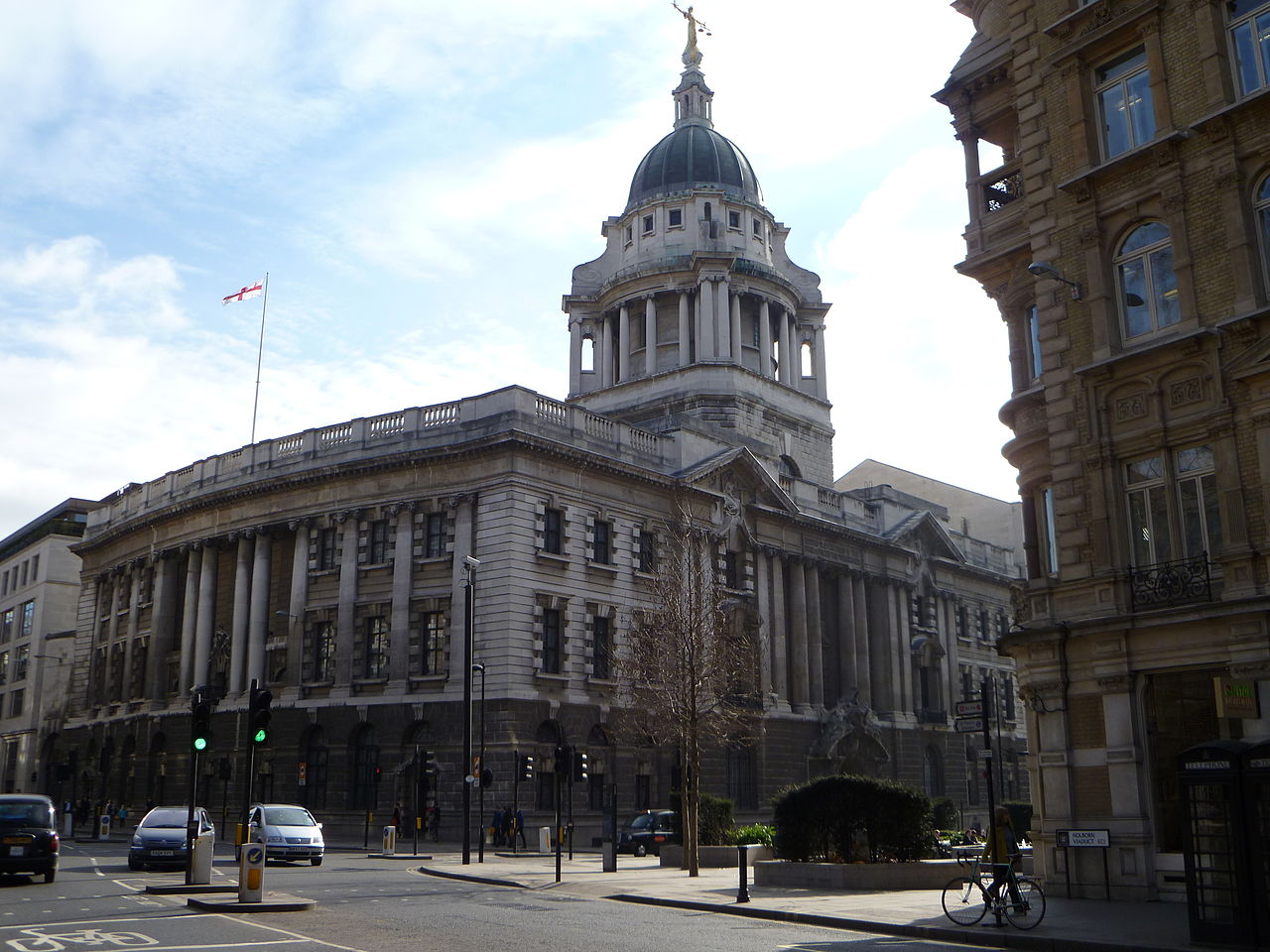The Economist Intelligence Unit (EIU) recently released the Democracy Index for 2012, and it paints a bleak picture of where we are with democracy around the world today.
“There has been a decline in some aspects of governance, political participation, and media freedoms, and a clear deterioration in attitudes associated with, or conducive to, democracy in many countries, including in Europe.”
The EIU measures how democratic countries are based on five categories: “electoral process and pluralism; civil liberties; the functioning of government; political participation; and political culture”. Norway, Sweden, Iceland, and Denmark have topped this year’s list, which ranks 165 countries and two territories. Even though half of the global population live “in a democracy of some sort”, the EIU reports that previous gains in democratisation have been eroded in the past few years.
The global financial crisis has aggravated this decline, and this can be felt in many parts of the world. According to the EIU, the economic crisis has been a double-edged sword: in some ways it can “undermine authoritarianism”, but it can also help reinforce it. While in some cases the economic crisis has emboldened protesters — it has also left governments feeling “vulnerable and threatened”, which has meant a rise in attempts to restrict freedom of expression and control the media.
This isn’t restricted to more authoritarian countries. The report notes a “noticeable decline in media freedoms, affecting all regions to some extent, has accelerated since 2008.” A rise in unemployment and a lack of job security has helped create a “climate of fear and self-censorship among journalists in many countries.”
Perhaps challenges in Latin America and the Middle East and North Africa — particularly in younger democracies, are no surprise. But there have been some startling changes in more well-established democracies. Developed western countries have seen a decline in political participation, as well as restrictions on civil liberties in the name of security.
The report shows a troubling situation in Europe, as confidence in the region’s public institutions continues to drop. In Eastern Europe, the scores of ten countries have declined. The scores of Western European countries since 2008 have shown the impact of the economic crisis. Out of 21 countries, 15 have had a decrease in their scores between 2008 and 2010.
The United Kingdom moved up from a score of 18 to 16 this year. The EIU pins the UK’s score on a “deep institutional crisis”, and says that trust in the government is “at an all-time low.” The United States, on the other hand, moved down from 19 to 21 this year, as the report says that the country’s democracy “has been adversely affected by a deepening of the polarisation of the political scene and political brinkmanship and paralysis.”
If the Democracy Index tells us anything, it’s that the economic crisis definitely plays a role in how healthy a democracy is. The United Nation’s International Labour Office now predicts that youth unemployment will only continue to rise in the next five years — estimating that today’s youth will be approximately “three times more likely than adults” to face unemployment. At the start of the year, the World Bank predicted an “uncertain future” for the global economy; with limited growth in the coming years. As countries scramble to cope with economic woes, I think that this report is an important reminder that we shouldn’t lose sight of freedom of expression.




